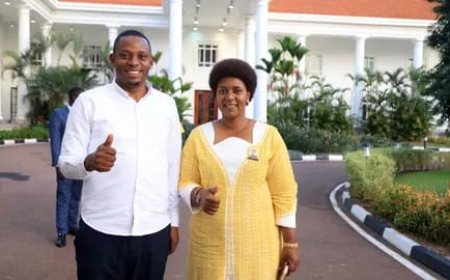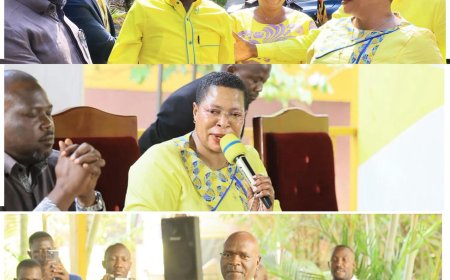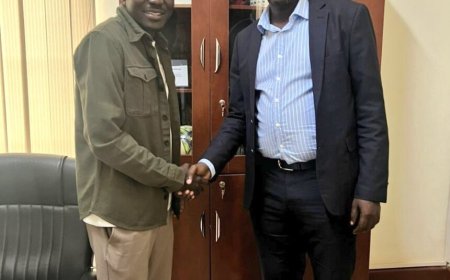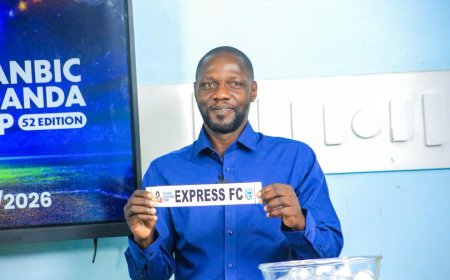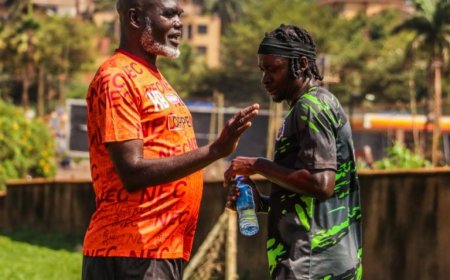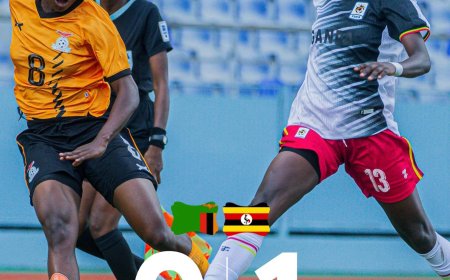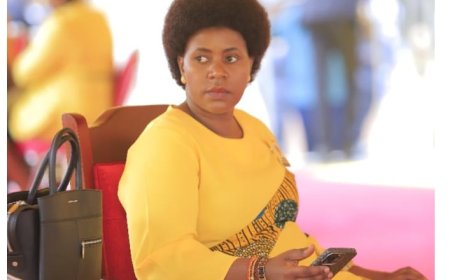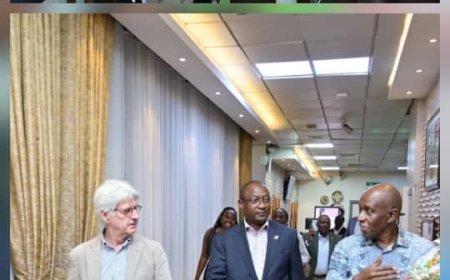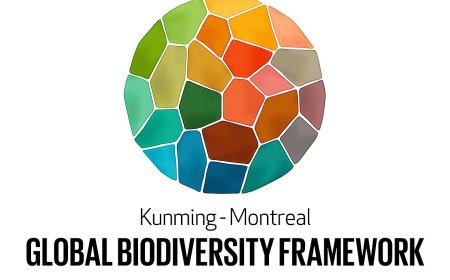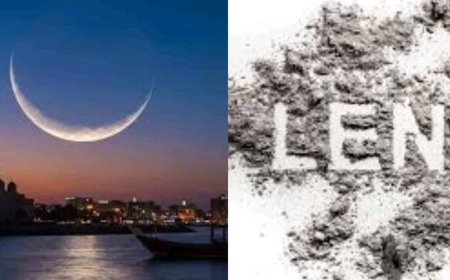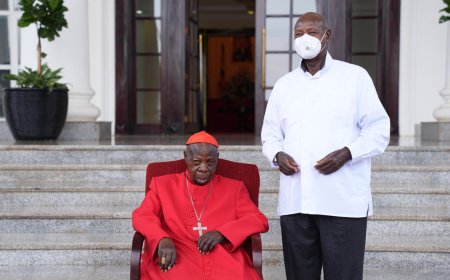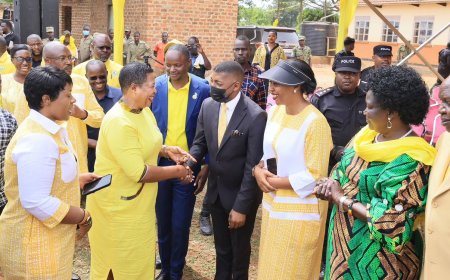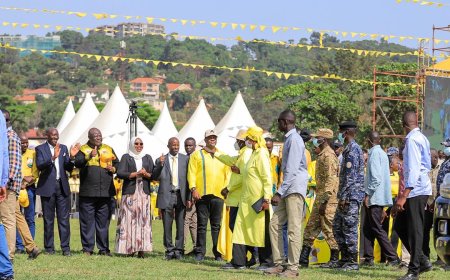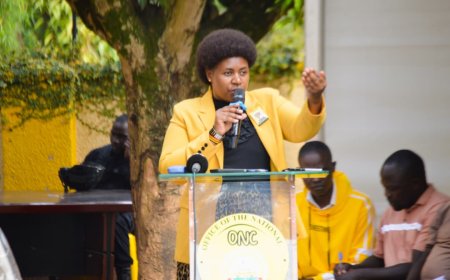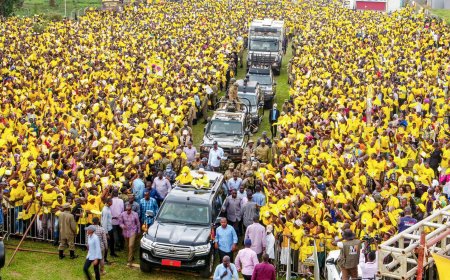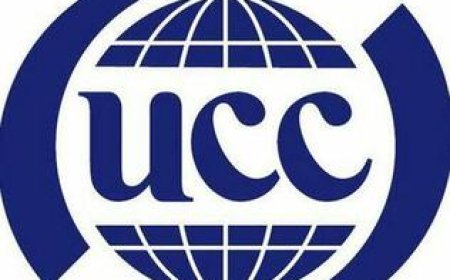UMWA Calls for Gender-Inclusive Media Ahead of Uganda’s 2026 General Elections
The one-day conference, held under the Media Support for Public Accountability and Civic Engagement in Uganda (M-SPACE) project, attracted women activists, development partners, journalists, editors, online reporters, social media influencers, representatives from the Electoral Commission, and officials from the Ministries of Gender, Information, and National Guidance. The project is supported by a consortium of donors including, the Danish, Swedish, Netherlands and Ireland embassies
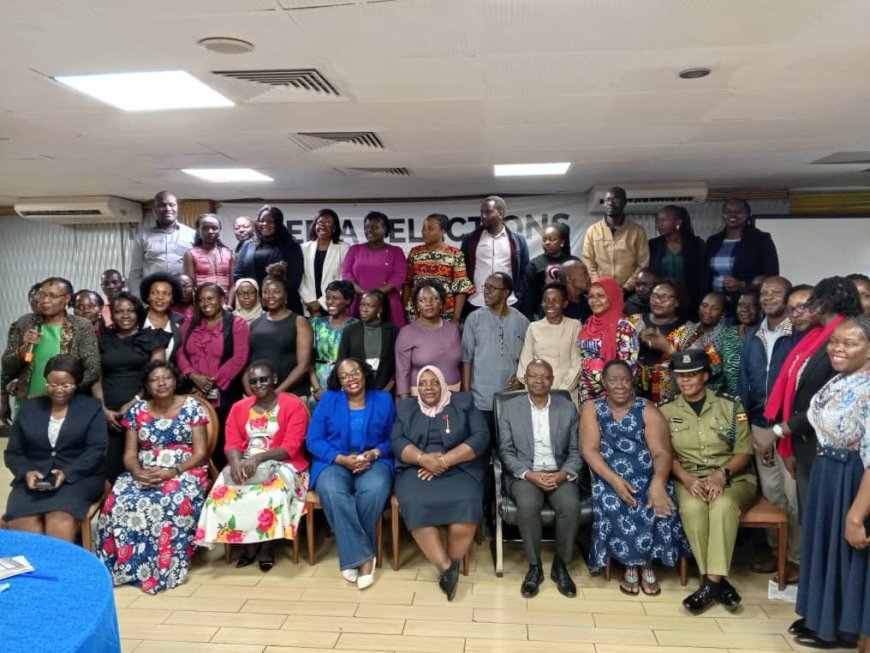
The Uganda Media Women’s Association (UMWA) has convened a pivotal Reflective Conference on “Media Coverage of Uganda’s 2026 General Elections: What are the Basics? Anxieties? And What are the Women’s Demands? Will the Media Commit?” at Hotel Africana in Kampala. The event brought together key stakeholders to examine how Uganda’s media can promote gender-inclusive coverage ahead of the 2026 General Elections.
The one-day conference, held under the Media Support for Public Accountability and Civic Engagement in Uganda (M-SPACE) project, attracted women activists, development partners, journalists, editors, online reporters, social media influencers, representatives from the Electoral Commission, and officials from the Ministries of Gender, Information, and National Guidance. The project is supported by a consortium of donors including the Danish, Swedish, Netherlands and Ireland embassies.
Margaret B. Sentamu: Media Must Address Gender Bias in Political Reporting
In her address, Margaret B. Sentamu, Executive Director of UMWA, emphasized the media’s central role in shaping public opinion, especially during election periods. However, she expressed concern that women candidates continue to face systemic biases and underrepresentation that hinder their political visibility.
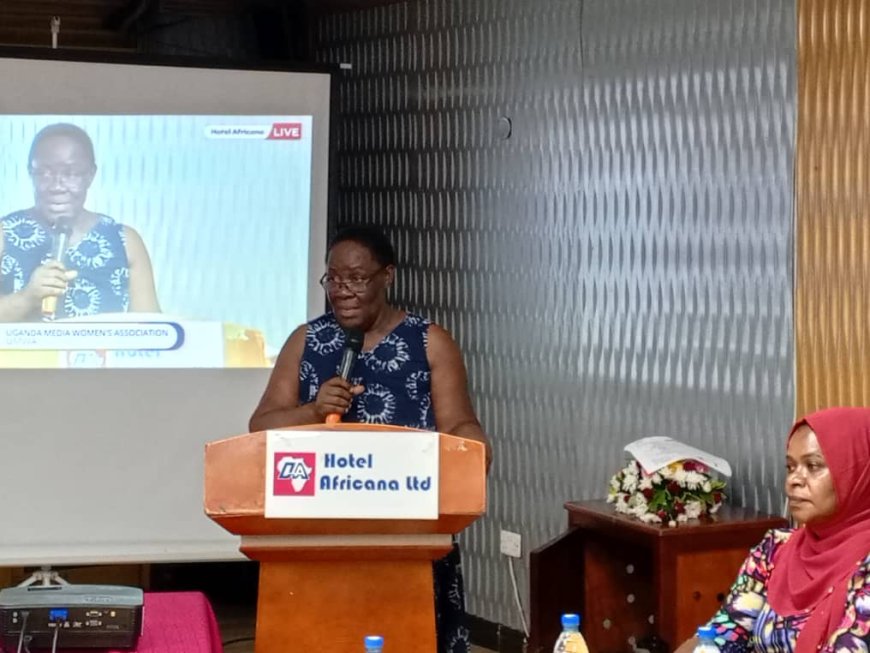
“Despite Uganda’s commitment to gender equality, the political space remains slanted, with media narratives frequently reinforcing stereotypes and sidelining women’s policy agendas,” she said.
Sentamu cited findings from UMWA’s earlier study, “Media and Elections in Uganda: A Gender Analysis of the Print Media Coverage of the 2016 General Elections,” which revealed that 80% of election coverage focused on male candidates, while women received only 20%. Similar studies (ACE 2012, Pittmar 2016) also showed that women politicians are often portrayed through gendered stereotypes that question their viability as leaders.
She noted that the Reflective Conference aims to remind the media of professional ethics, amplify women’s concerns regarding representation, and promote equitable coverage.
The conference recommendations formed part of a Communiqué to be shared with stakeholders and media institutions, accompanied by a Gender Checklist for Media Content to guide reporting during the 2026 elections.
Danish Embassy: Amplifying Women’s Voices Is Key to Strengthening Democracy
Delivering remarks on behalf of development partners, Fredrick Kawooya, Senior Program Advisor at the Royal Danish Embassy, described the gathering as “timely and essential” in shaping the narrative ahead of Uganda’s upcoming polls.
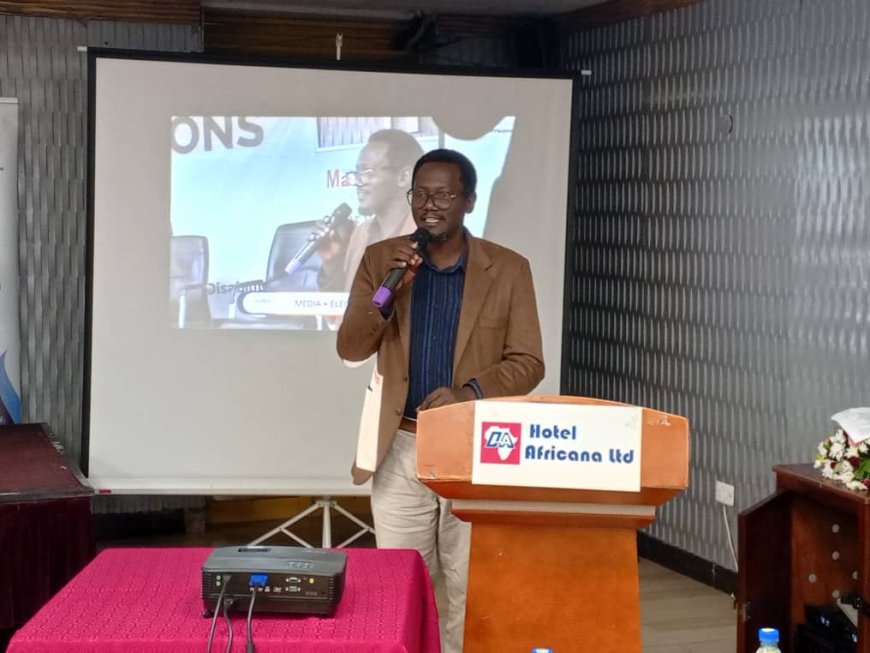
“Uganda’s political landscape is evolving, but the true test of democracy lies in inclusivity,” Kawooya said. “Women make up nearly half of Uganda’s electorate, yet their representation in media coverage remains limited and often distorted.”
He attributed this disparity to structural media biases, entrenched socio-cultural norms, and gender-blind political messaging, which collectively marginalize women’s perspectives.
“When manifestos themselves are gender-blind, the media’s reliance on these documents perpetuates exclusion. The result is a political discourse that fails to capture women’s concerns,” he explained.
Kawooya reaffirmed that the Royal Danish Embassy, in partnership with Ireland, Sweden, and the Netherlands, is supporting the African Centre for Media Excellence (ACME), UMWA, the Uganda Editors’ Guild, and the Uganda Radio Network to build the capacity of media institutions to deliver gender-sensitive, fair, and inclusive coverage.
“By amplifying women’s voices, we contribute to building a media environment that strengthens democracy and champions gender justice,” he concluded.
Panel Perspectives: Women Leaders and Media Practitioners Speak Out
During the panel discussions, several speakers shared candid reflections on the realities women face in political communication and media engagement:
Jean Ayikoru, Community Development Officer for Persons with Disabilities in Arua, urged media houses to invest in inclusive infrastructure to ensure fair access for people with disabilities.
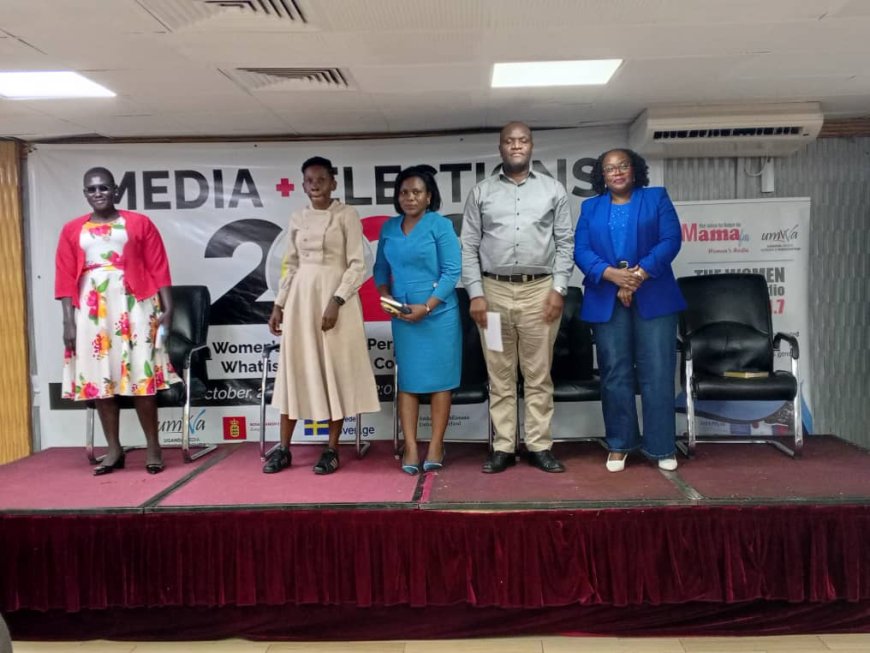
“Media owners should provide all the necessary infrastructure for PWDs to thrive,” she said.
Hon. Joyce Bagala, Woman MP for Mityana District and a seasoned media practitioner, decried the sexist tendencies that undermine women leaders.
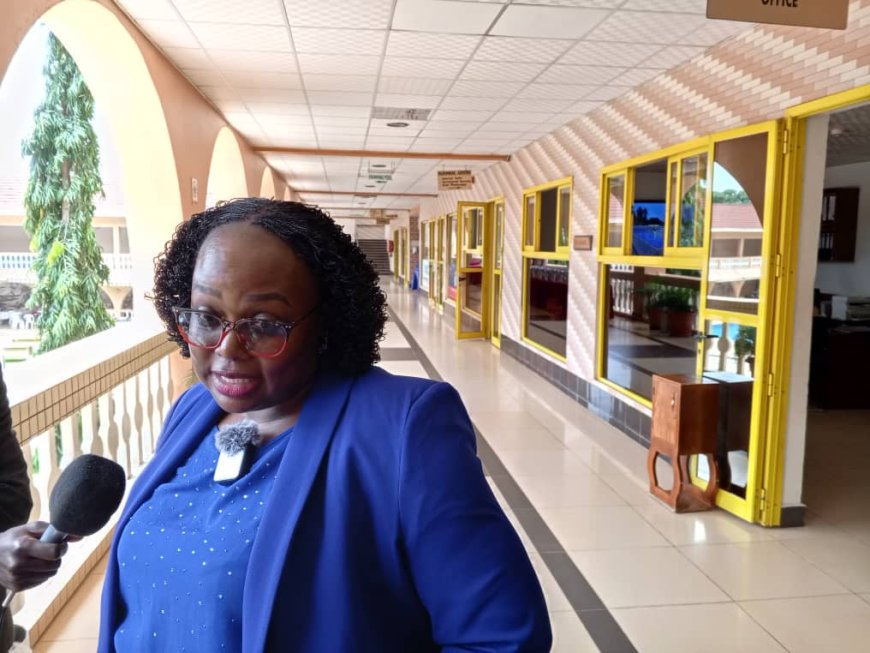
“When it comes to men, their competence is what is considered, but for us women, they talk about our physical appearance — our cheeks, height, or stomach. This needs to change,” she asserted.https://youtu.be/iQCXlplfZK0?si=UUzSIrl2JKCgLkns
Dick Nvule, Editor at Radio Simba, pledged his station’s commitment to giving women candidates more space in political coverage.
“We will give women the platform they deserve ahead of the 2026 general elections, as long as the news is on merit, not sympathy,” he emphasized.
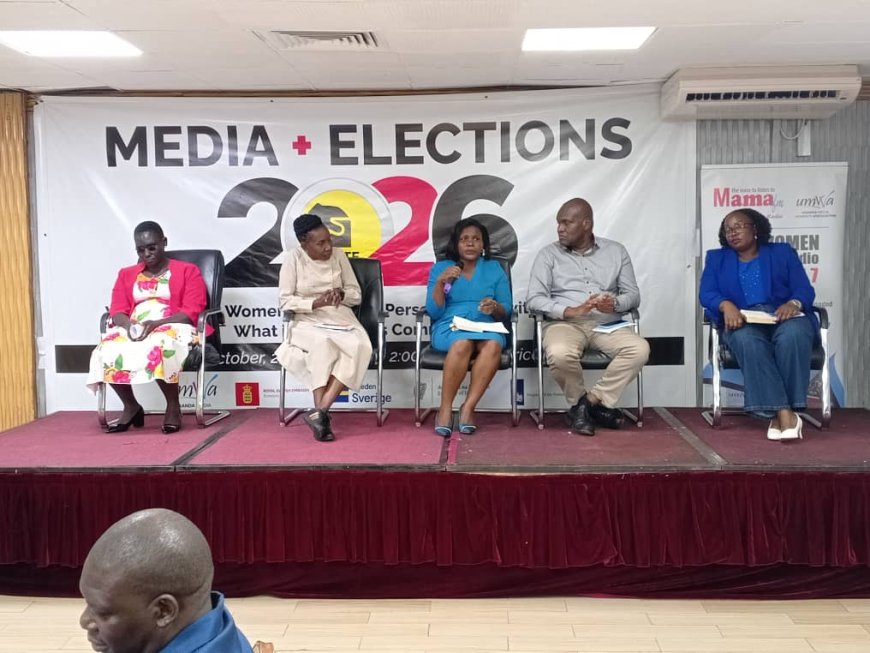
Official Remarks from Key Institutions
Dr. George Lugalambi, Executive Director of the African Centre for Media Excellence (ACME), highlighted that the M-SPACE project is designed to build a resilient, accountable, and inclusive media landscape, particularly in Northern Uganda, West Nile, and Karamoja regions.
“Journalism is a space where women can and must thrive,” Dr. Lugalambi said.
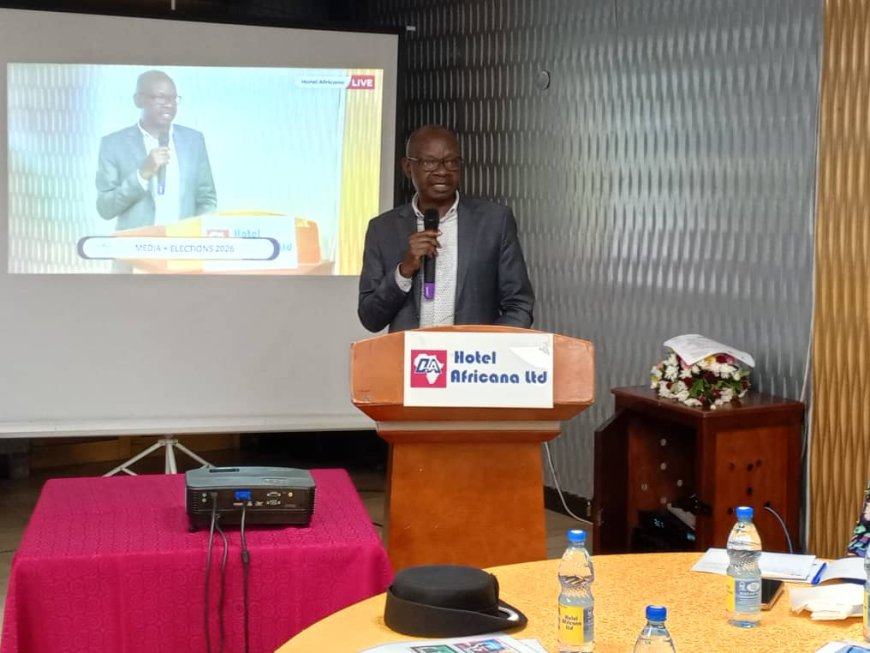
He reaffirmed ACME’s collaboration with UMWA, the Uganda Editors’ Guild, and the Uganda Radio Network in providing training, mentorship, and reporting grants to journalists to promote balanced coverage during the electoral period.
Hon. Hajjat Safia Nalule Juuko, Chairperson of the Equal Opportunities Commission, also underscored the critical role of the media in ensuring accountability and democracy.
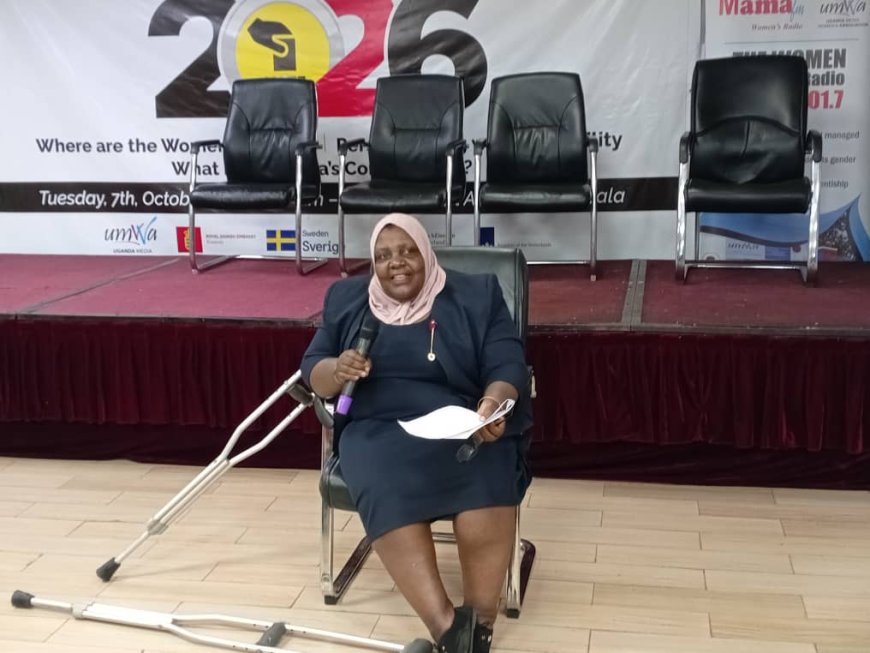
“A free and fair election is not possible without a responsible and inclusive media,” she noted. “UMWA should be part of the annual policy statements of all ministries to ensure that equity guidelines are implemented.”
From the Uganda Police Force, Dr. Aisha Kayongo expressed concern about the continued invisibility of women in leadership and policy discussions.
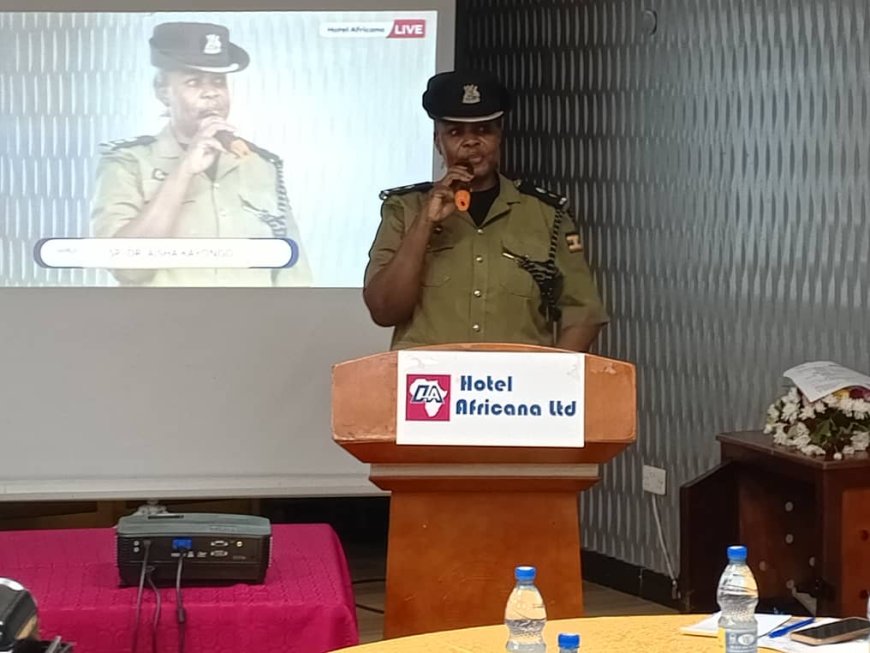
“We cannot talk about equality if we are not up to the task,” she remarked, urging collective action to elevate women’s voices in the public sphere.
Toward a Gender-Inclusive Media Environment
The UMWA Reflective Conference underscored the urgency of addressing gender bias in Uganda’s media as the 2026 General Elections draw closer. By fostering collaboration among journalists, policymakers, civil society, and development partners, the event reaffirmed that media inclusivity is not just a gender issue — it is a democratic imperative.
UMWA committed to continue engaging the media fraternity through training, advocacy, and monitoring initiatives to ensure that Uganda’s electoral coverage reflects fairness, diversity, and respect for women’s voices — a crucial step toward strengthening democracy and equality in Uganda.
